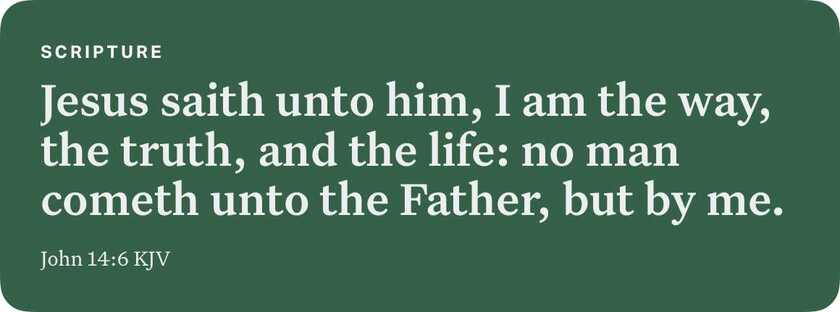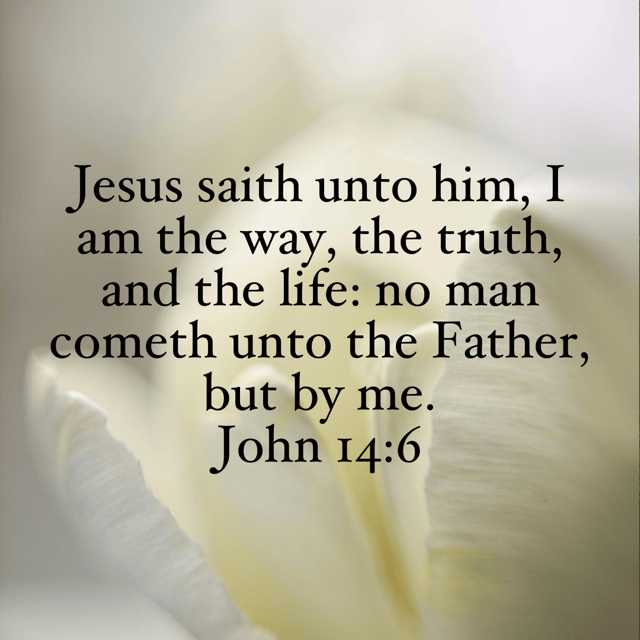I will share about Christian books I have read or listened to.
I will be sharing about my life before and after Christ. I will include stories about my pet and other pets I have encountered.
The Lamb of God
Have you ever waited a really long time for something important? Maybe you spent weeks waiting to see an old friend, for news about a medical diagnosis, or for someone to respond to a message you sent them.
In the first century, the people of God had waited hundreds and hundreds of years for the coming of a Savior. John the Baptist was sent to be the forerunner of that coming Savior. God planned for John to prepare the people for Jesus’ arrival, and call them back to repentance.
John waited his whole life for Jesus. He spent his days in eager anticipation of the coming of a Savior who would save his people. And on that day when Jesus did arrive, John the Baptist cried out in excitement.
John calls Jesus the Lamb of God, who takes away the sin of the world. In the old covenant, lambs were sacrificed on behalf of the sins of the people. Their sacrifices were a temporary means to restore a person's relationship with God.
But Jesus' coming heralds a new covenant between God and His people.
Jesus’ death is a sacrifice on our behalf, but one that is permanent and complete. Jesus’ death, burial, and resurrection pave a path for us to enjoy a restored relationship with God, and to live in freedom from sin. This is the new covenant that John the Baptist is describing—Jesus takes away the sin of the world (John 1:29).
Take a moment this morning to thank God for the amazing gift that Jesus gives to each and every one of us. Because of Jesus’ faithfulness, we can walk in new life and enjoy a restored relationship with God.
Think of one small step you can take to share this good news with someone who doesn’t know Jesus. This free gift is great news for every single person, and we are given the privilege of sharing it with everyone.
“Then all Israel gathered themselves to David unto Hebron, saying, Behold, we are thy bone and thy flesh. And moreover in time past, even when Saul was king, thou wast he that leddest out and broughtest in Israel: and the LORD thy God said unto thee, Thou shalt feed my people Israel, and thou shalt be ruler over my people Israel. Therefore came all the elders of Israel to the king to Hebron; and David made a covenant with them in Hebron before the LORD; and they anointed David king over Israel, according to the word of the LORD by Samuel. And David and all Israel went to Jerusalem, which is Jebus; where the Jebusites were, the inhabitants of the land. And the inhabitants of Jebus said to David, Thou shalt not come hither. Nevertheless David took the castle of Zion, which is the city of David. And David said, Whosoever smiteth the Jebusites first shall be chief and captain. So Joab the son of Zeruiah went first up, and was chief. And David dwelt in the castle; therefore they called it ...
















